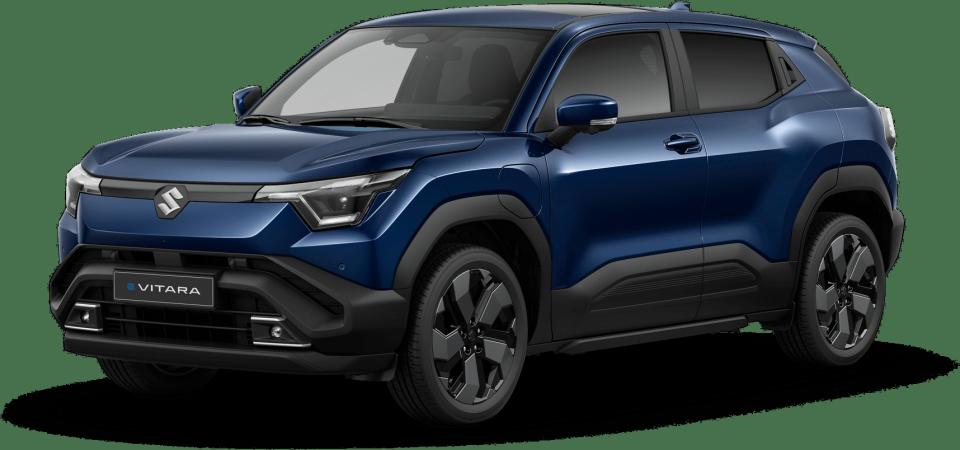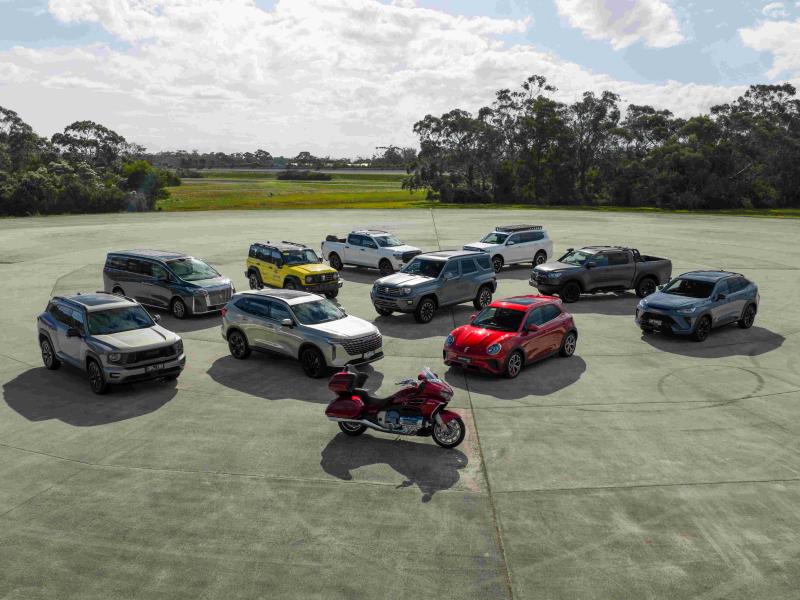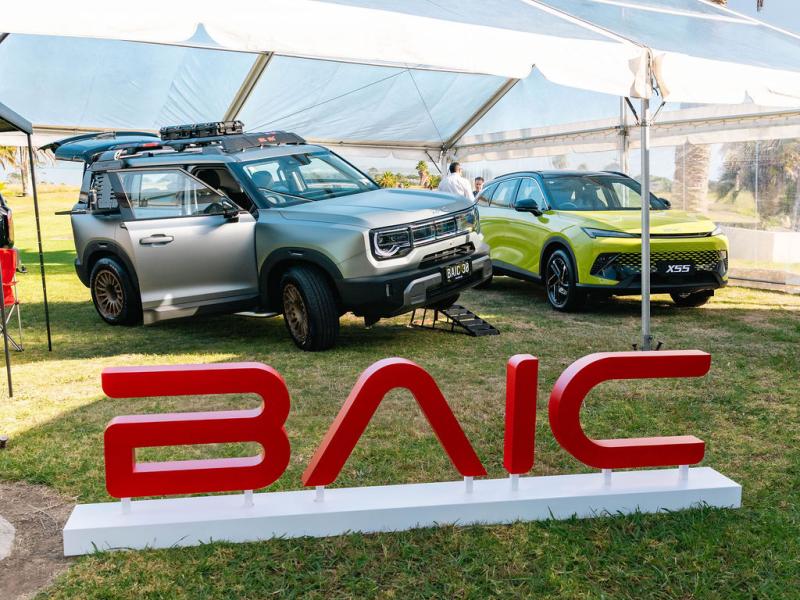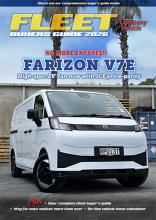In a challenging automotive sector, Suzuki New Zealand is successfully navigating market headwinds by leveraging a robust global corporate strategy, maintaining a loyal customer base, and executing a clear vision for its product portfolio. While the broader New Zealand auto market experienced a 3.1% year-on-year decline as of May, the brand has solidified its position, demonstrating resilience and preparing for future growth.
Despite a general market downturn, industry analysts anticipate a recovery stimulated by potential interest rate reductions and favorable economic conditions in the agricultural sectors. Within this context, Suzuki New Zealand has sustained a top-tier market ranking, holding the sixth position overall and fourth in the critical passenger and SUV segment—a significant achievement for a brand specializing in small vehicles.
This market strength is underpinned by two key pillars: a successful model lineup and exceptional customer loyalty. The brand's consistent recognition through Canstar Blue awards for both sales and service underscores its strong relationship with consumers. The Suzuki Swift continues to be the "dominant model range," leading the light passenger segment for 19 of the last 20 years. The strategic decision to retain the popular third-generation Swift alongside the introduction of a new Swift Hybrid range aims to consolidate this leadership position. Furthermore, the expansion of the Jimny lineup to include a 5-door variant has established it as the brand’s second-largest offering.
Suzuki New Zealand’s domestic success is directly supported by the record growth of its parent corporation. Under the leadership of Dr. Toshihiro Suzuki, Suzuki International reported record highs in the 2024 financial year, with 3.24 million units sold and revenues reaching NZ$65 billion. This global expansion is fueled by strategic investments in production, particularly in India, which now has an annual capacity of 2.6 million units and serves as the "cornerstone to Suzuki’s international success".
The corporation’s operations are guided by the unique "Sho-Sho-Kei-Tan-Bi" philosophy, which translates to “smaller, fewer, lighter, shorter, beauty”. This principle functions as the core of Suzuki's sustainability strategy, prioritizing compact, lightweight vehicles to minimize resource consumption and operational emissions. A direct technological outcome of this philosophy is the new Z12E engine, featured in the new Swift, which achieves an impressive 40% maximum thermal efficiency.
The "Sho-Sho-Kei-Tan-Bi" philosophy informs Suzuki’s “multi-pathway approach” to achieving carbon neutrality. Rather than committing to a single powertrain technology, the corporation is concurrently developing a diverse portfolio of pure electric vehicles (EVs), hybrids, and vehicles powered by alternative fuels like CNG and biofuels. This strategic flexibility is essential for adapting to varied regulations and energy infrastructures across global markets.
This approach is particularly advantageous in New Zealand's "very unstable market," which has experienced significant policy shifts regarding vehicle emissions. A recent review of the Clean Car Standard has provided more achievable reduction targets for 2026 and 2027, giving the company a viable timeframe for its model renewal cycle. However, with stricter regulations looming from 2028, it is a strategic imperative for the company "that we have the mix of electric vehicles incorporated into our model lineup at that time”. The company also advocates for adjustments to the current penalty calculation formula, which it argues disproportionately disadvantages the small, lightweight vehicles central to its brand identity, especially as electrification adds weight across all vehicle classes.
Suzuki New Zealand is proactively preparing its future product portfolio to meet upcoming standards, including the implementation of Euro 6d emission standards from December 2025. The product pipeline includes several key introductions aimed at strengthening its market position. The all-new Suzuki Fronx crossover has recently launched, and the company plans to introduce the all-electric eVitara next year.
In parallel, Suzuki will continue to offer proven models that cater to specific demographics. The Ignis, for example, will remain available in New Zealand well into 2026 to serve its dedicated customer base, even as it is discontinued in neighboring markets. Through this combination of legacy model support, strategic new product introductions, and a flexible, globally-informed approach, Suzuki New Zealand is well-placed for sustained growth and continued market leadership.






